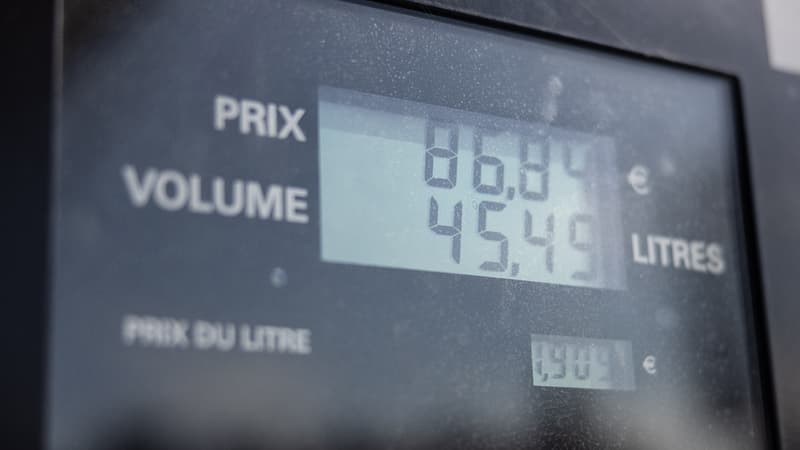Gas stations should be able to sell fuel at a loss starting in December. In any case, this is the wish of the Government, which hopes that the measure can come into force at the end of the year and for a temporary period of six months.
If it succeeds, it will be a first in France in more than half a century. Because if the resale of goods at a loss with sales is authorized in France, it is strictly regulated and cannot be carried out throughout the year.
It was in 1963 that the State implemented such a restriction. The law of July 2, 1963 prohibits, under penalty of fine, the resale of a product as is at a price lower than its actual purchase price, by providing that “the effective purchase price is presumed to be the price listed on the purchase invoice”. , plus taxes on turnover, specific taxes relating to this resale and, where applicable, the price of transport.
Supplier complaint
To estimate whether there is a resale at a loss, it is necessary to calculate the seller’s net margin. In mass distribution, for example, the bosses of the sector estimate it at a few cents per liter of fuel. Therefore, a fuel operation sold at cost price only represents one or two cents per liter, but does not allow us to go below that figure.
Why is selling at a loss prohibited in France? This law responded at the time, recalls the Constitutional Council, to “complaints expressed by suppliers about the fact that when a distributor charged a price that was too low, others suspected that the supplier had conferred advantages and demanded a price reduction.” .
While mass distribution was just in its beginnings and the first hypermarket had opened only 15 days earlier in Sainte-Geneviève-des-Bois, in Essonne, companies were already immersed in a price war that led to call-out pricing practices for certain brand products and applications. compensation aimed at suppliers who consider themselves victims of discriminatory practices and wish to align themselves with the lowest price applied by a competitor.
Thus, unlike the United States or other European States, France has established a system in which the practice of resale at a loss acquires an illicit character in itself with the aim of protecting both small merchants and small supplier companies. who feel aggrieved. by the large distribution purchasing centers.
This ban has never been lifted in France and has even been strengthened over time. Article 11 of the Law of July 1, 1996, included in section 2 of article L442-2 of the Commercial Code, provides that: “The effective purchase price is the unit price appearing on the invoice plus taxes on the turnover, the specific taxes relating to this resale and the price of transport”.
It is the DGCCRF that carries out controls to verify that distributors respect the law. By tightening the law, the crime rate observed by officers has never stopped decreasing since it went from more than 15% in 1986 to less than 6% in the 1990s and less than 1% since then.
Although this measure tends to protect small operators, it has often been circumvented by distributors, in particular through the system of back margins that the latter demand from their suppliers.
And it is above all the consumers who would have suffered the consequences of distorted free competition.
In a context of tension over purchasing power, the government has decided to (temporarily) abandon this fundamental principle of French commercial law.
Source: BFM TV


